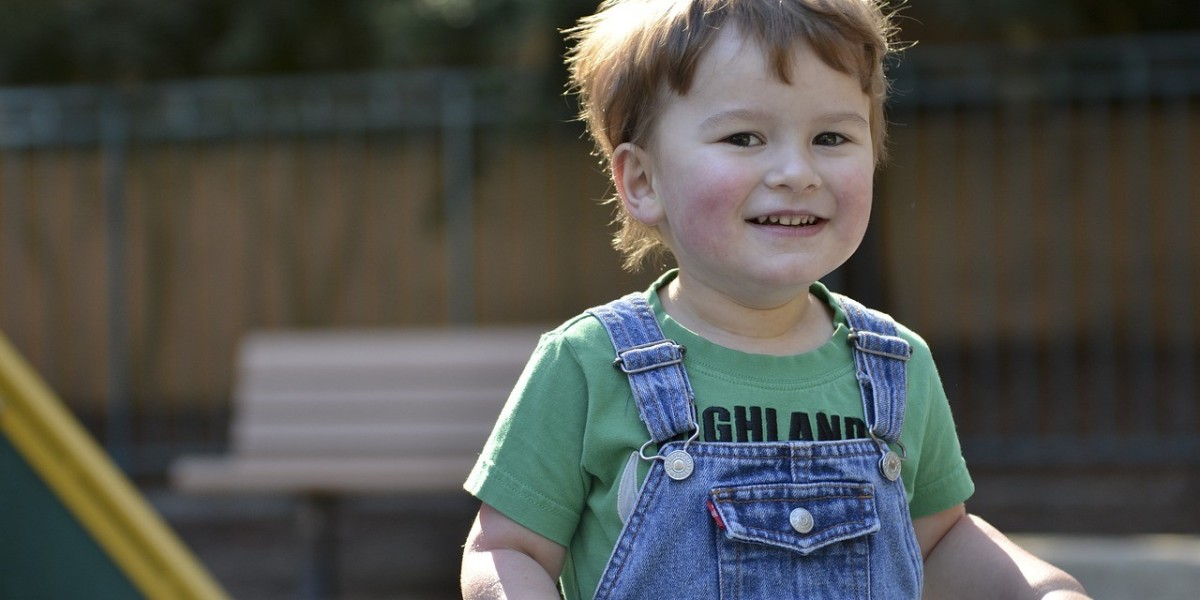The holiday season can be a magical time, filled with family traditions, festive decorations, and joyful celebrations. However, for children with autism, the sudden changes in routine, sensory overload, and social pressures can make Christmas a challenging time.
At We Talk Care, we believe every family deserves to celebrate the season in a way that works best for them. Here’s a guide to creating an autism-friendly Christmas, filled with joy and understanding.
1. Why Christmas Can Feel Overwhelming
Sudden changes to familiar routines, bright lights, loud music, and crowded gatherings can be overwhelming for children with autism. These sensory and social challenges may result in anxiety, meltdowns, or withdrawal.
Re-think traditions
You don’t have to stick to conventional celebrations. Instead, adapt traditions to meet your family’s needs. For example, if your child prefers certain foods, create a Christmas menu that includes their favourites instead of a traditional meal.
2. Keep Your Child Involved
Include your child in planning the holiday festivities. Discuss their preferences, and listen to their concerns. They might have specific ideas about decorations, gift-giving, or how they’d like to spend the day.
Small changes can make a big difference:
· If wrapped gifts cause stress, consider leaving them unwrapped.
· Allow your child to receive gifts one at a time to avoid sensory overload.
3. Prepare in Advance
Preparation is key to a smoother festive season. Many autistic children thrive on structure and predictability, so changes should be introduced gradually.
Strategies to help prepare:
· Use visual aids like timetables and social stories to explain what will happen during the holidays.
· Plan sensory-friendly solutions, such as quiet spaces, ear defenders, or calming toys.
· Inform family members about your child’s needs to ensure they are supportive and understanding.
4. Stick to a Routine
Sticking to a familiar routine provides comfort and stability. While Christmas can bring unpredictable events, try to maintain as much consistency as possible in daily activities.
Tips to maintain routine:
· Keep your child’s usual bedtime, mealtime, and other daily rituals intact.
· Use visual timers to signal the start and end of activities.
5. Manage Decorations
Decorations can be magical, but they can also be overwhelming. The flashing lights, glittering ornaments, and strong scents can be overstimulating.
Make decorations manageable:
· Introduce decorations gradually, adding a few items each day.
· Create Christmas-free zones in your home for your child to retreat to if needed.
· Choose sensory-friendly decorations, such as muted lights or non-glittery ornaments.
6. Create a Quiet Space
Having a quiet, calming space available is essential—not just during Christmas but all year round. This should be a place free from decorations and noise, where your child can retreat to regulate their emotions.
Stock it with calming items:
· Sensory toys or weighted blankets.
· Noise-cancelling headphones or soothing music.
7. School Holiday Changes
For school-aged children, the holiday break often comes with schedule disruptions, from end-of-term plays to Christmas-themed lessons. These changes can be unsettling.
What you can do:
Work with the school to prepare your child for these changes using social stories or visual aids.
Let your child participate in a way that feels comfortable—don’t pressure them to join activities they find stressful.
8. Celebrate Your Way
Ultimately, Christmas is about creating joyful and meaningful moments, not about adhering to societal expectations. Focus on what makes your family happy and comfortable.
Celebrate in a way that suits your family’s needs. Whether it’s a quiet movie night or a day full of crafts and baking, make memories that matter to you.
You’re Not Alone
The holiday season can feel overwhelming, but you don’t have to navigate it alone. At We Talk Care, we provide a supportive and understanding community where carers can share advice, experiences, and encouragement.
Join our community today and connect with other carers who understand the joys and challenges of caregiving during the festive season.








